Words by Patrick Marshal
Whether you have a keen interest in music and the laptop looks more enticing than your guitar, or you’ve seen the odd Mass Appeal ‘Rhythm Roulette’ video and been inspired to make something similar, or you have always wondered what goes into to making your favourite tune, then this is the place for you.
The mecca of home made studios comes from the likes of Hans Zimmer and his ‘Vienesse brothel’ looking ">studio filled with old modular synths he bought when digital was coming into fashion, back in the early 80’s. Dudes been in it a quick second. If you want something to aspire to and have a spare mini documentary slot to fill in your afternoon check this mans studio. For the historical bedroom producer comes the likes of Richard Wagner, who created the Bayreuth Festspiele in Germany in the late 1800’s solely for the perfection of sound for when orchestras and operas were to play – Incredible! Junkie XL do Youtube videos exploring his and others extravaganza studios, which features make the most advanced tech-head drool.
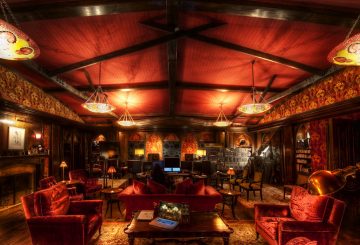
The lists of albums and records made in home studios was already extensive before the laptop became the musical weapon of choice for many. Bon Iver, Rolling Stones, Bruce Springsteen and more have all been the subjects to ingenuity.
So you might be a complete beginner and your wandering how to get started. First things first is to find out the computer that is most viable for the DAW you wish to try, then is the audio interface to record and to plugin in instruments into your computer, next thing is to find a solid microphone and stand, next you are going to want to grab some decent studio monitors, then some good headphones, a MIDI controller, acoustic insulation for your walls and some good essential hard drives. A few of these items can be skipped or lessened depending on how serious you are about it but a studio works best if the majority or all of these pieces are in place.
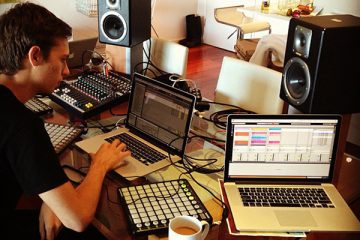
Improvement in a home studio often can come at the realisation of the artist that they are static and restricted by the sounds they are allowed to make through the equipment they have or do not have, when this happens is a signal to branch out and start looking for something new. My advice is do your research, look up websites like Equipboard, look up Youtube related videos and tutorials on how to use those pieces and then make an informed decision to buy that tool.
Your studio once started is always in a state of evolution and these don’t have to just be hardware either, software plays a very integral role in how the mesh of a studio is fleshed out. Plugin reviews and obscure forums for days.
Studio gear is something that can be a big learning curve, it is often advised to find what works for you and stick with it, whether that is the DAW, plugin or synthesizer.
A temple, a sanctuary, a fun little side project for mixing your mates demos, the studio is a fine art and an essential for the 21st century musician.
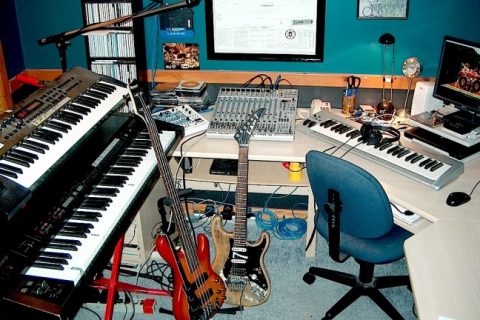
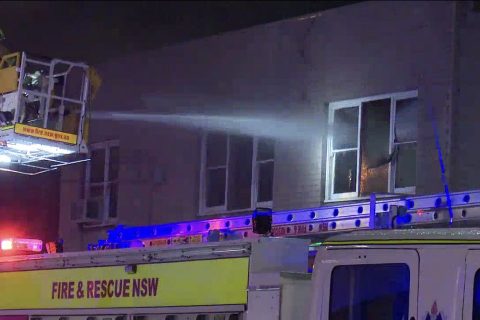

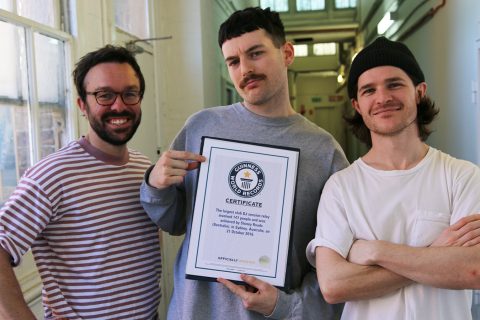

Comments